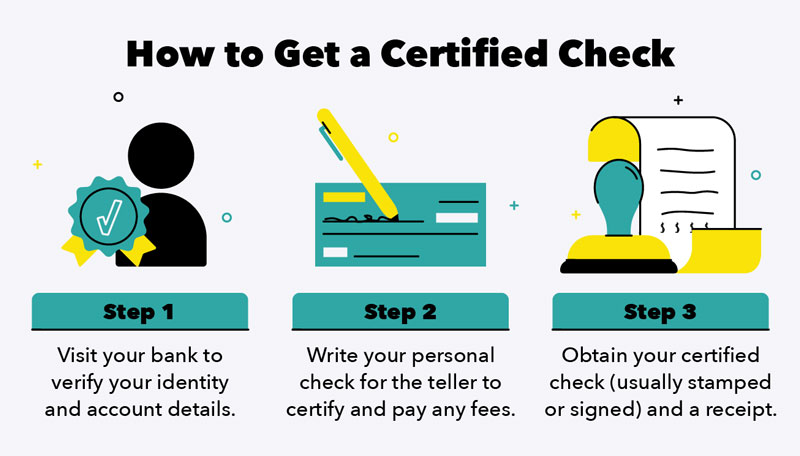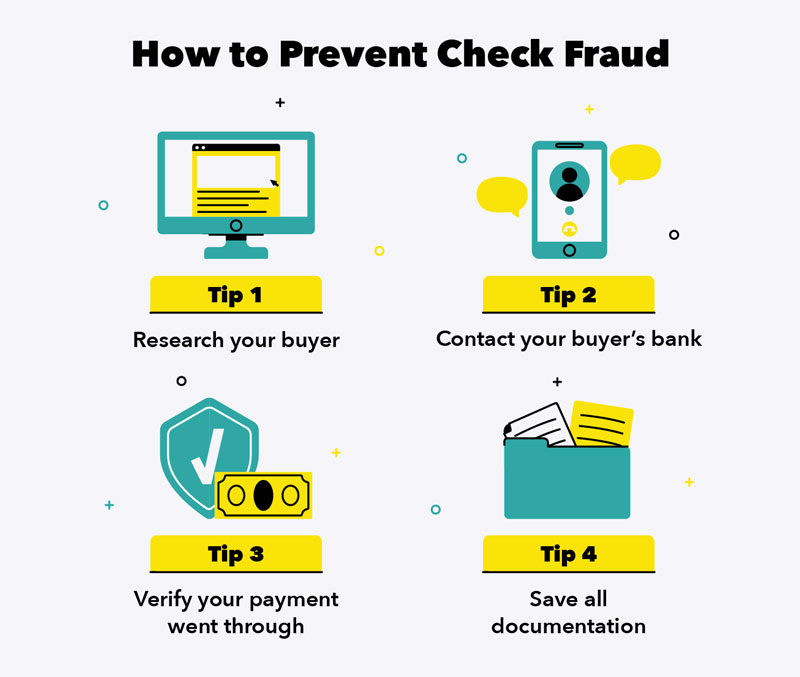What is a Certified Check: Everything You Need to Know
Triston Martin
May 08, 2022
Introduction
What is an authenticated check? The term "certified check" refers to a check made by an account holder and certified by the institution. This means that you can write checks the same way as you normally would; however, the bank will verify it and lock the check's amount within your bank account. This way, the check won't bounce when placed in. Certified checks are an alternative to checks for personal use, which aren't guaranteed error-free.
The major benefit of using certified cheques is that they give security of funds. The financial institution will verify that the person sending the check has enough funds in their bank account to finish the money transfer. The bank will verify too that the check has an authentic signature. The good news is that verified checks are generally easy to find at the local bank.
Using Certified Checks
Many people make use of certified checks in transactions in which the buyer isn't familiar with (or believe in) the person who holds the account. Personal checks carry some risk, particularly in these situations where it's not certain if the buyer will be able to pay for the purchase. A verified check could provide peace of mind for both parties, especially when they wish to ensure that the money is protected and secured.
Sometimes the use of certified checks is as an alternative to cash transactions. Once they're verified, they're ready to be used. Instead of giving or sending out a hefty amount of cash, make a certified check. This is useful when you require funds quickly since you don't need to wait around for the checks to clear.
Getting a Certified Check

You can buy an authenticated check through the credit union or bank. While you can obtain an official check at any bank you like, it'll likely be simpler to visit the bank with which you have a bank account. You'll have to visit the branch to receive an official check. It may be helpful to contact the bank prior to visiting to determine if they offer certified checks and whether there are other specifications. For the first step, it is necessary to give the amount of the check and the names of the people receiving it, and any notes you'd like to put on the check. The next step is to confirm your identity and then prove to the credit union or bank staff that you have funds in your bank account. Banks might require a photograph I.D. to verify your identity. After you've made the payment for verification, the bank official will sign it on and verify it and stamp it.
Certified Check VS. Cashier's Check
Both cashier's and certified checks are regarded as official checks. Instead of cash, credit, or regular checks, you can operate them. Both can be used to ensure payments. It's not easy to get these kinds of checks. In the event of a missing cashier's check, you'll need to purchase an indemnity bond to get from an insurer, but it's usually difficult. Your bank may have you wait for up until 90 days to receive the substitute check. There's a major difference in cashier's checks. The bank gets cash from the buyer, issues the check, and ensures its cash payment at face value. The funds are debited against the bank's account and not to a personal bank account like when you use a certified check.
How To Guard Against Possible Fraud?
But, just like any other type of money, cashier's checks and certified checks are susceptible to fraud. It's your accountability to verify that your checks are genuine and not fake. Certain red flags for fake checks, such as spelling and grammar errors, can be easily detected. However, most counterfeit checks aren't marked with obvious signs of fraud. Thanks to technology, counterfeiters are able to quickly copy the logos and branding of banks from the internet. The bank security professionals suggest calling the bank as soon as you receive an official check to confirm that it is genuine. Don't dial the number on the check; it might be fake. Search for the bank's telephone number online, dial it, then give the bank the check's number as well as the buyer's name.

Conclusion
The term "certified check" refers to a check that the bank has verified that the funds are in the bank's account. They can be utilized for those who require secure payments, like an installment payment. Wire transfers and cashier's checks are other options to pay certified funds. Checks can be vulnerable to fraud.







